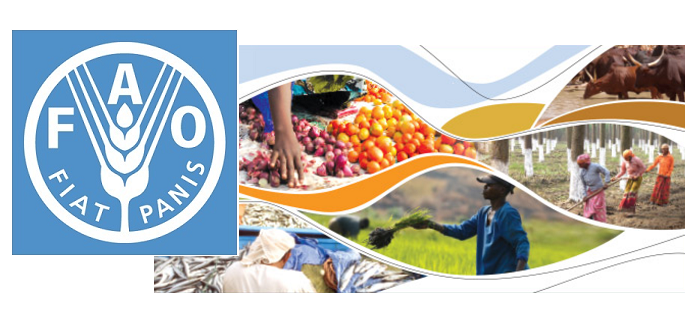The world will need to raise its food production by 60-70% to feed more than nine billion people by 2050, according to an end-of-year statement issued by the UN’s Food and Agriculture Organisation (FAO).
Warning that agriculture needs to change dramatically if the world’s future food needs are to be met, FAO has listed its key agriculture concerns as rapid soil degradation, fast depletion of groundwater, excessive use of pesticides-fertilisers and extreme weather events.
These factors are collectively putting stress on farming and forestry said the organisastion, concluding that it is time to recognise the fact that “agriculture cannot remain the same” across the globe, if the world’s future food needs are to be addressed properly.
“The planet will have to feed an additional 1.5 billion people in 2030, 90% of whom will be living in developing countries,” said FAO.
“The world will need to raise its food production by 60-70% to feed more than nine billion people by 2050.
“Every day, agriculture produces an average of 23.7 million tons of food.
“Agriculture provides livelihoods for 2.5 billion people.”
In addition, FAO declared the following five-point plan for the future of global food production:
- Improving efficiency in the use of resources is crucial to sustainable agriculture.
- Sustainability requires direct action to conserve, protect and enhance natural resources.
- Agriculture that fails to protect and improve rural livelihoods, equity and social well-being is unsustainable.
- Enhanced resilience of people, communities and ecosystems is key to sustainable agriculture.
- Sustainable food and agriculture requires responsible and effective governance mechanisms.




